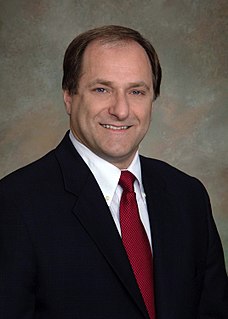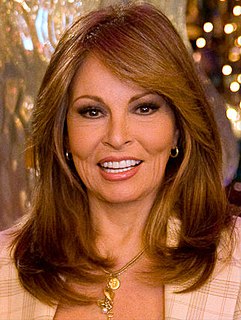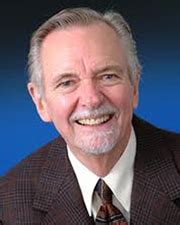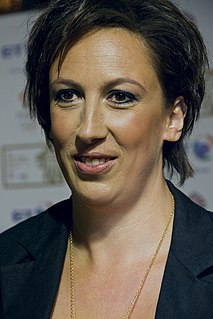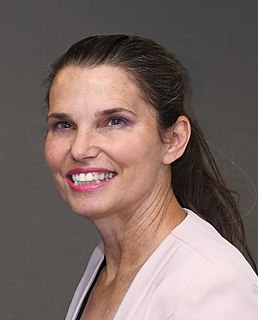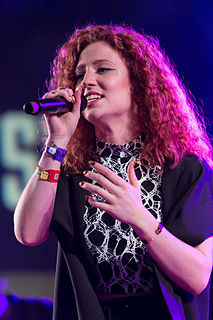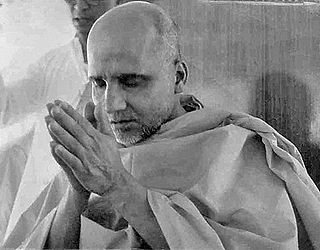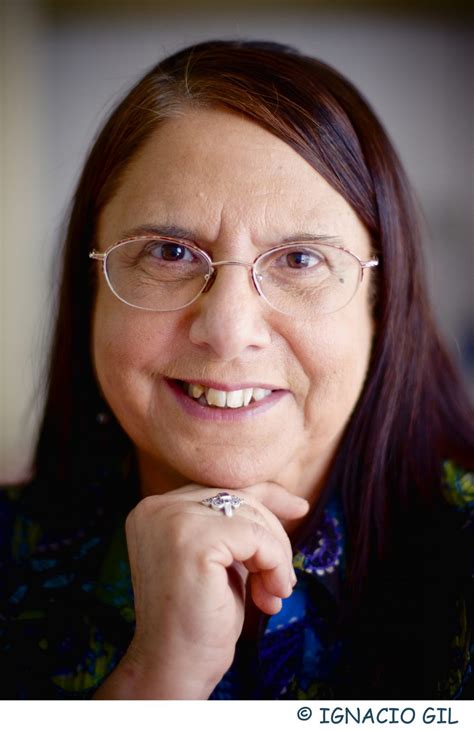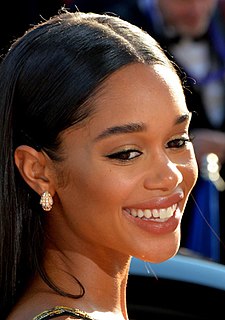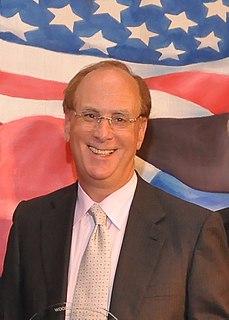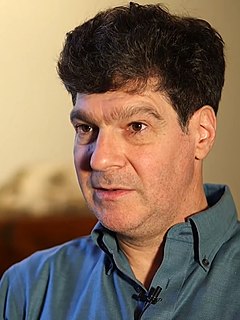Top 1200 Academic Life Quotes & Sayings - Page 17
Explore popular Academic Life quotes.
Last updated on December 21, 2024.
That is why I think, in defiance of Plato, that there is at once error and vulgarity in saying that poetry is a lie, except in the sense that Cocteau wrote one day: I am a lie who always tells the truth. The only poetry which lies purely and simply is academic, pseudo-classical, conceptually repetitive poetry, and it is not poetry.
Let people who do not know what to do with themselves in this life, but fritter away their time reading magazines and watching television, hope for eternal life... The life I want is a life I could not endure in eternity. It is a life of love and intensity, suffering and creation, that makes life worthwhile and death welcome. There is no other life I should prefer. Neither should I like not to die.
I don't measure people by whether they agree with me or not. I measure them by their sincerity. Sincerity, with as much reality as you can get. Sincerity with toughness, experience, and understanding of the issue - real understanding, not just academic and intellectual understanding. That takes some courage.
My father came from a country called Bolivia. He was of Spanish descent. I never went to Bolivia until I was 60 years old, but apparently when he was 17, he had already planned his entire academic curriculum so that he could graduate high school and enter college in the United States. That's how much he wanted to come to this country.
Education is about inviting every single person who enters a school to realize his or her relatively boundless potential in all areas of worthwhile human endeavor. It is concerned with more than grades, attendance, and academic achievement. It is concerned with the process of becoming a decent and productive human being.
The elemental fact, present in our consciousness every moment of our existence, is: I am life that wills to live, in the midst of life that wills to live.... The essence of the humane spirit is: Preserve life, promote life, help life to achieve its highest destiny. The essence of Evil is: Destroy life, harm life, hamper the development of life
I was a regular kind of academic music student. I was at Juilliard. I had to study all the contemporary music of the time, and changing that language very radically was just a sign or a signal that I was going to try to do something very different. I find that that's what I feel closest to. I found no real inner response in me in a non-tonal language.
When we first started, in the early Eighties, we had some crappy guitars - Japanese knockoffs that wouldn't hold standard tuning. Later, we'd shove drumsticks or screwdrivers under strings to scheme new noises, sure. But initially, open tuning was a technique used to make our cheap guitars sound better. It wasn't academic or conceptual.
When I was at seminary in my early twenties, one of my teachers said to me, "You're going to have to decide. Either you're going to be an academic or you're going to be a pastor. You can't be both." I remember thinking, Rats! I want to be both! Why are you telling me I can't do these two things?And so I have kind of oscillated to and always wanted to do both.
The academic teaching on beauty is false. We have been misled, but so completely misled that we can no longer find so much as a shadow of a truth again. The beauties of the Parthenon, the Venuses, the Nymphs, the Narcisusses, are so may lies. Art is not the application of a canon of beauty, but what the instinct and the brain can conceive independently of that canon.
I think the WikiLeaks releases furnish us with an opportunity to observe the upper reaches of the American status hierarchy in all its righteousness and majesty. High-achieving colleagues attempting to get jobs for their high-achieving children. Foundation executives doing fine and noble things. Prizes, of course, and high academic achievement.
Terror became a big issue when the Reagan Administration came in. They immediately announced [their plans] and kind of disparaged Carter's alleged human rights programs. The main issue is state-directed international terrorism. Right at that time that big industry developed. That's when you start getting the academic departments on terrorism.
There's nobody in the world that wouldn't change places with the Americans. The economy is phenomenally large, the entrepreneurial class is very alive and very well, the universities, despite budget problems, still turn out something like 90 percent of the refereed academic and technical articles in the world. There's a lot on everybody's agenda.
I loved school. Not sure how much I focused on the education; just had fun and played lacrosse for seven years. It was lucky I had sport, which I was good at, so it didn't matter that I wasn't great on the academic side, or not brilliant at drama. Although I am still bitter about not being in the school choir. Furious, actually.
Look at the great tradition of Western political philosophy. Those people were all immersed in revolutionary movements. Most weren't career academics - often, they were too radical to be accepted in the academy. Rousseau's books were banned. Jeremy Bentham and John Stuart Mill couldn't hold academic positions because they were atheists.
The landscape in academic science is traditionally male-dominated. Women didn't always see themselves there - there was a lack of role models, a lack of champions. It really helped when the Prime Minister appointed a gender-balanced cabinet. That was well-received and people realized that, if the Prime Minister could do it, why can't there be equity other places?
I wasn't that academic, but I always made sure I was earning money. I never wanted to put all my eggs in one basket. Even when I started doing music, my parents were like, 'You need to work; you can't just live off music.' I always knew that. So I worked until I knew I was going to be financially okay.
The university is the place where the pursuit of truth is taught, the rules for learning how to pursue it are explained, and students begin to understand how to evaluate the seriousness of truth. Those are incredibly important lessons, and only the teachers' academic freedom can protect them because there will always be people who disagree with or disapprove of the ideas they are trying to convey.
Academic Marxists were never going to be convinced that anything that happened in the real world could invalidate their belief system. Utopians of the Right, libertarians are just as convinced that their ideas have yet to be tried and that they would work beautifully if we could only just have a do-over of human history.
The hatred and the vitriol against Donald Trump has nothing to do with Donald Trump. It has to do with the fact that the academic priesthood lost control of what they call quote-unquote 'ordinary rednecks' - that they're stupid, they don't understand. The fact is, those people actually understand a lot.
I think the first thing parents need to start doing is absolutely refuse to cooperate with any psychological evaluation of children in school. Schools should not be mental hospitals. Parents should say that the only tests they want their children to have are those respecting their academic subjects and nothing else.
What man needs is not philosophy or religion in the academic or formalistic sense of the term, but ability to think rightly. The malady of the age is not absence of philosophy or even irreligion but wrong thinking and a vanity which passes for knowledge. Though it is difficult to define right thinking, it cannot be denied that it is the goal of the aspirations of everyone.
High-class kitsch may well be "perfect" in its form and and composition: the academic painters were often masters of their craft. Thus, the accusation that a work of kitsch is based not on lack of for or aesthetic merit but on the presence of a particularly provocative emotional content. (The best art, by contrast, eschews emotional content altogether.)
We found out that the young people who had a substantial number of lessons in the Resolving Conflict Creatively Curriculum ... not only did better in terms of people skills, that they managed their emotions, they were less violent and more caring, but they actually did better on their academic achievement tests.
You don't see Los Angeles erecting a museum dedicated to the birth place of the Crips and the Bloods and the Mexican Mafia, with a special guided bus tour highlighting the rise of the crack trade, yet you can hop on a bus in Chicago tomorrow to see the famous locales of murders. I have to imagine there's some wonderful academic book on the sociology of this out there.
A different set of incentives from rising in an economic establishment where the rewards system, again, the reinforcement, comes from being a truffle hound. That's what Jacob Viner, the great economist called it: the truffle hound - an animal so bred and trained for one narrow purpose that he wasn't much good at anything else, and that is the reward system in a lot of academic departments.
I've always loved doing research. I remember doing a research project on the Babylonian numeral system in the eighth grade and thinking, 'This is pretty awesome - is this really a job you can have?' This led me toward a career as an academic, although it took me until college to realise that economics was the right field.
Although I went to college as a youth, I never considered it necessary to steep oneself in academic learning, in order to learn how to think. I welcome a fair and square, open and above-board fight on any subject, including this, but I despise a man who sneaks around under a cloak or cover of any society or clique to strike his blows.
Even as I've become more reticent about the political possibilities of the academic space, I want to note that students have played significant roles in insurrectionary activity across the globe for decades and centuries, and I don't think that we've crossed some threshold where that's never going to happen again. We still need to take the university space quite seriously.
Drink lots of water, and nap. I've made some really big messes along the way, whether on the academic side or on the media side. It hasn't been a straight path. But a lot of those mess-ups have led to opportunities, so I guess I'd say be fearless, and keep bottled water with you, so you don't dehydrate.
The important thing to understand about eliminating racial preferences in college admissions is that doing so does not lower the number of minority college students, it just redistributes them to schools for which they are actually qualified, rather than catapulting them into academic environments where they will inevitably struggle.
Insomniac is an impassioned work-an inspired amalgam of academic and first-hand research, memoir, analysis, and the kind of obsessive brooding we associate with the insomniac state. Much here is fascinating, and much is upsetting; here is a cri de coeur from a lifetime insomniac that is sure to appeal to the vast army of fellow insomniacs the world over.
Service-learning is a particularly fertile way of involving young people in community service, because it ties helping others to what they are learning in the classroom. It enables them to apply academic disciplines to practical, everyday problems. In the process, it provides a compelling answer to the adolescent's perennial question, 'Why do I need to learn this stuff?
The only way that we can prove the relevance of Fanon in a certain way outside of some academic circles is to ask, do people involved in social struggles engage with Fanonian concepts and find something relevant for them, even if they have never heard of Fanon because Fanon is implicitly in the struggles?
The academic bias against subjectivity not only forces our students to write poorly ("It is believed...," instead of, "I believe..."), it deforms their thinking about themselves and their world. In a single stroke, we delude our students into believing that bad prose turns opinions into facts and we alienate them from their own inner lives.
There are two ways of forming an opinion. One is the scientific method; the other, the scholastic. To the scientific mind, experimental proof is all-important, and theory is merely a convenience in description, to be junked when it no longer fits. To the academic mind, authority is everything, and facts are junked when they do not fit theory.
Evergreen is arguably the most radical college in the country - and while it does lean far to the left in a political sense, it is the school's pedagogical structure to which I refer. Rather than placing students in many separate classes, most of our curriculum is integrated into full-time programs that may run the entire academic year.
Most academic historians accept that historians' own circumstances demand that they tell the story in a particular way, of course. While people wring their hands about 'revisionist' historians; on some level, the correction and amplification of various parts of the past is not 'revisionism' as it is simply the process of any historical writing.
There are some people that say I need to be more academic in my teaching, I need to be more disciple developing focus, probably true. But where my heart is, is with people who are just passing through difficult time. I want to put literature in a form that is accessible for people who don't particularly read books.
For an academic to launch a public conversation about journalistic integrity, the role of religion in society, scholarship and faith is a dream come true. These are the kinds of things that we sit around talking to each other about in our dusty libraries. To see these conversations take place in popular culture is the best thing that could have ever happened.


